Sterling Physiotherapy is a trusted clinic in Hamilton with 100+ real Google reviews for Physiotherapy, Vestibular, TMJ Dysfunction, Massage therapy and Custom orthotics.
Tendonitis is an overuse injury that occurs as a result of inflammation or irritation of a tendon—the fibrous, thick cords that connect muscle to bone. Tendonitis can lead to pain, stiffness, and limited motion, making every day an ordeal. Sterling Physio treats tendonitis with scientifically supported therapy meant to minimize pain, restore function, and avoid recurrence.
Tendonitis can affect any tendon in the body, but it usually occurs in areas such as shoulders, elbow, wrists, knees and heels. This is usually caused by repetitive movements, excessive use or damage.
Neck Pain
Shoulder Pain
Back Pain
Runner's Knee
ACL Injury
Dizziness & Vertigo
Arthritis
Fibromyalgia
Balance & Gait
Concussion
TMJ Dysfunction Physiotherapy
Knee Pain
Dislocation
Tendonitis
Shin Splints
Tennis Elbow
Sports Injury
Rotator Cuff Injury
Ligament Sprains and Tears
Elbow, Wrist, and Hand Pain
Hip Pain
Located Inside Rexall, 505 Rymal Rd E, Hamilton, ON L8W 3X1

Repetitive stress on a tendon from activities such as typing, lifting, or sports.
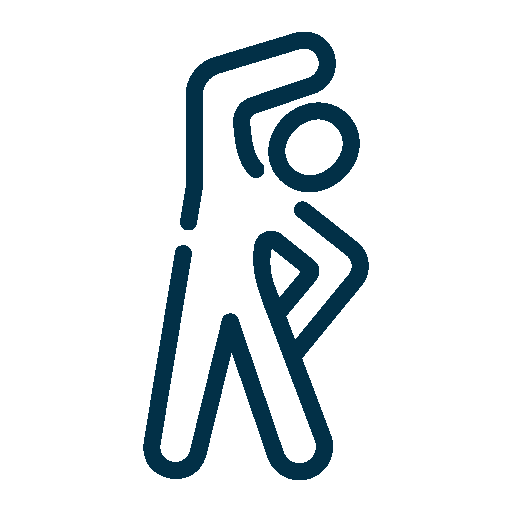
Rapidly increasing intensity or duration of physical activities.
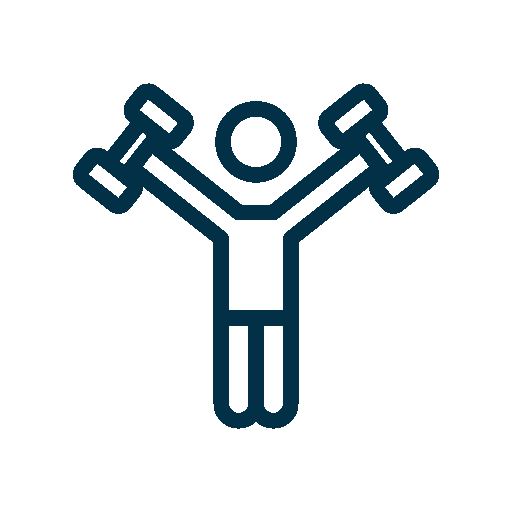
Using incorrect form during exercise or other activities.
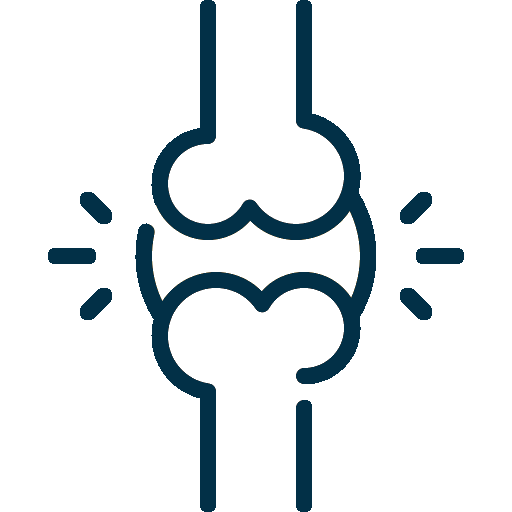
Tendons lose elasticity and become more prone to injury as we age.

Working in awkward positions or with poorly designed equipment
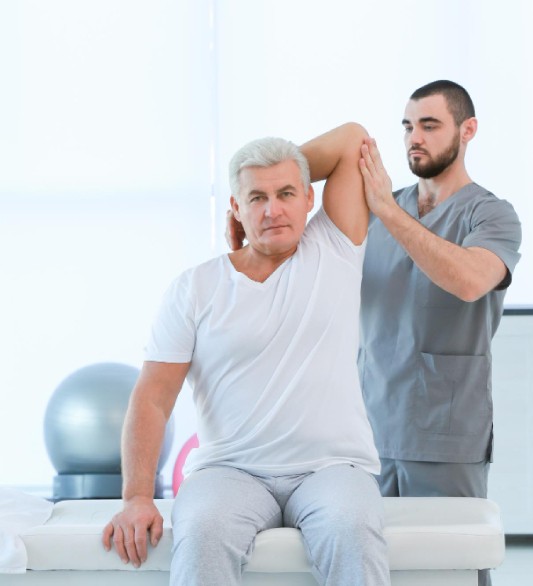
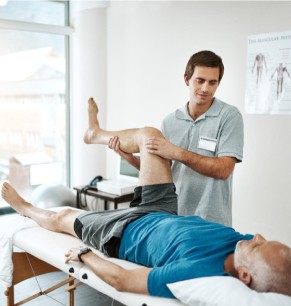

Key signs and symptoms include:
If left untreated, tendonitis can lead to chronic pain or tendon degeneration, known as tendinosis.
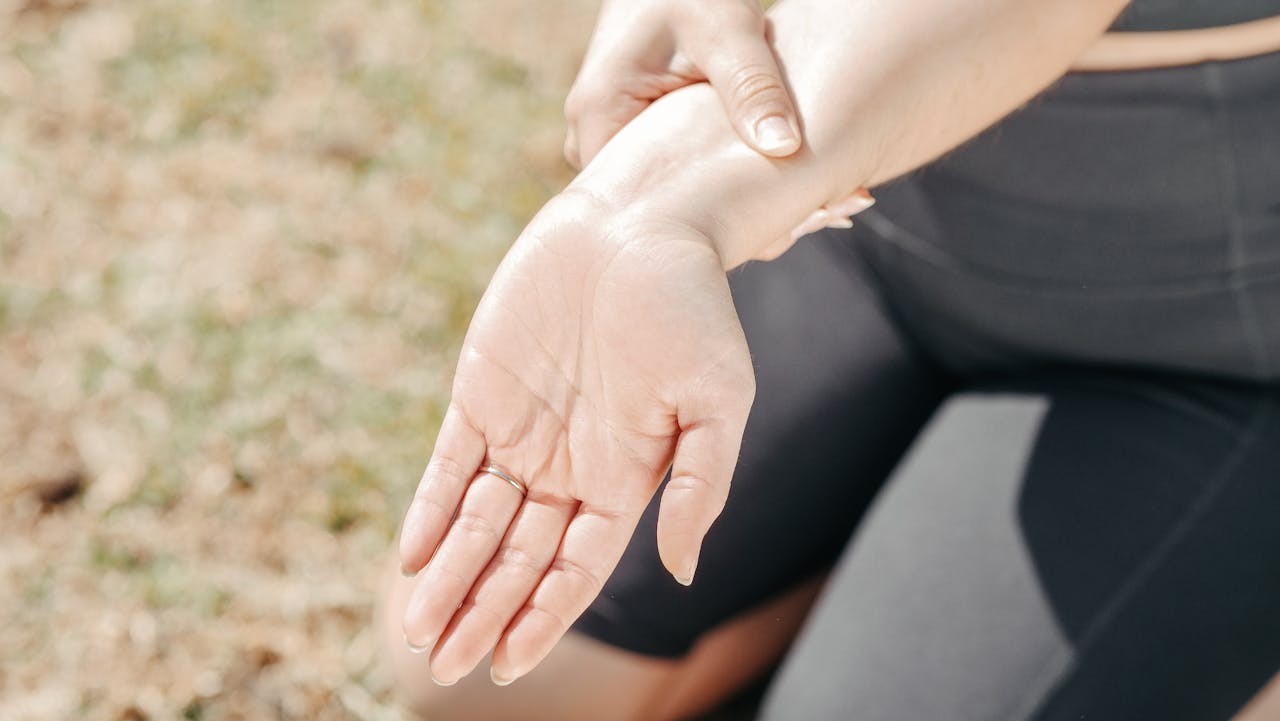
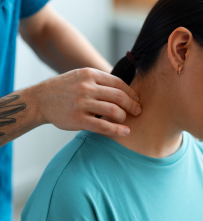
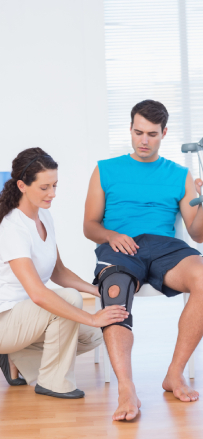
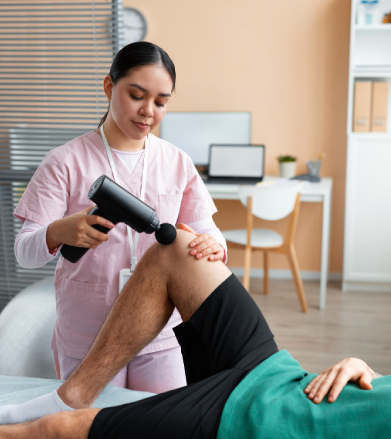
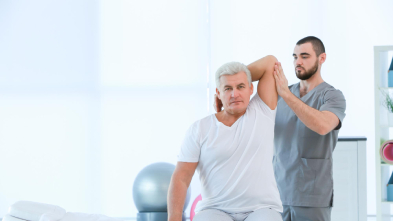
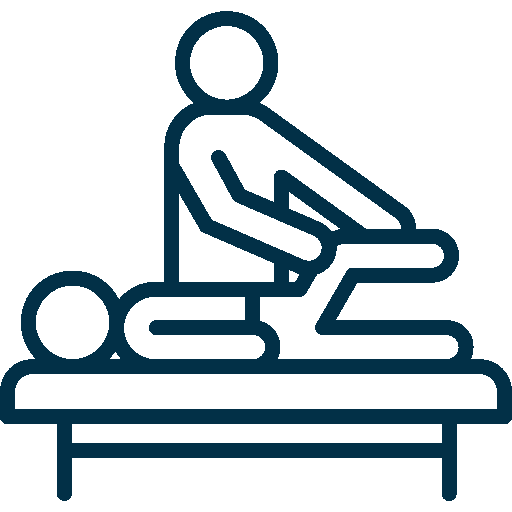
Our physiotherapy approach includes:
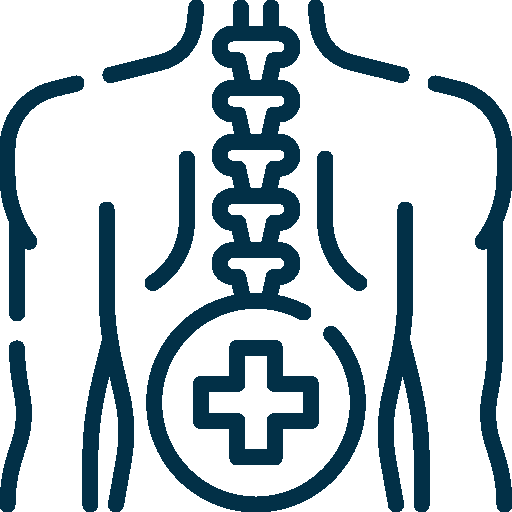
Chiropractic adjustments can:
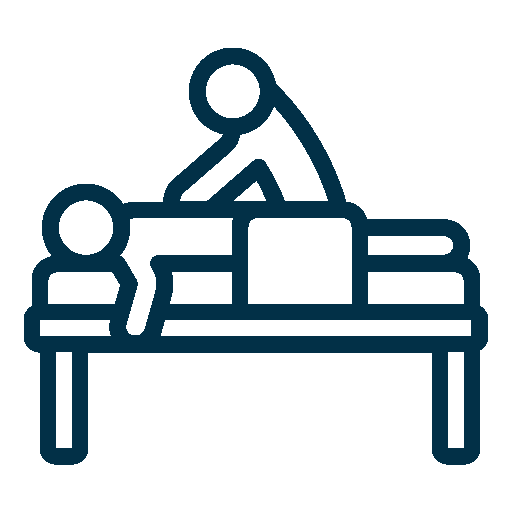
Massage therapy complements other treatments by:
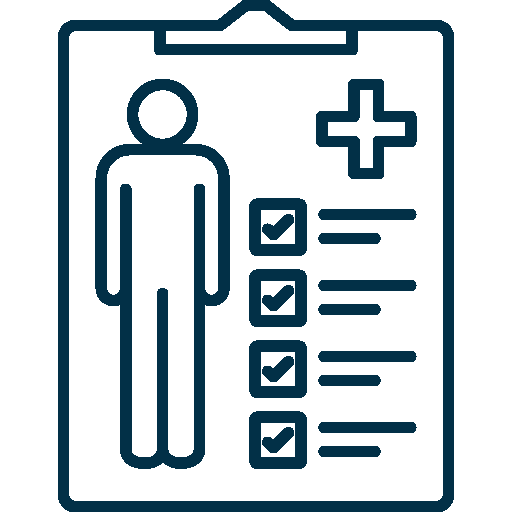
We design personalized rehabilitation programs that:

Here’s why patients trust us for effective care: